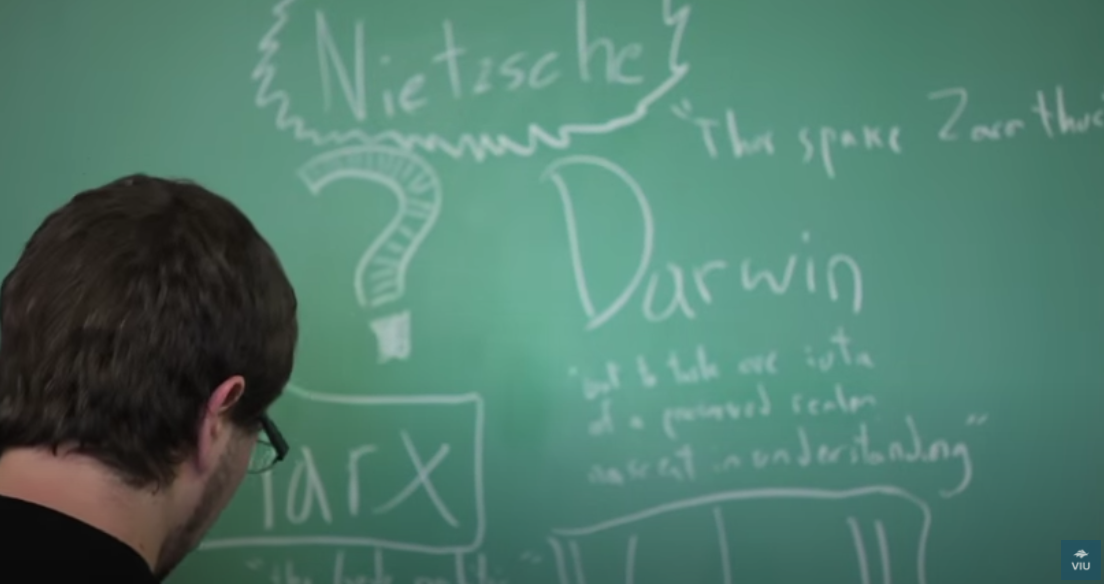Is a multidisciplinary BA degree program like Liberal Studies relevant to the workplace? Absolutely! In fact, studies show the skills the program promotes are in high demand.
 For example, in 2013, Hart Research Associates conducted an online survey among 318 US employers whose organizations have at least 25 employees:
For example, in 2013, Hart Research Associates conducted an online survey among 318 US employers whose organizations have at least 25 employees:
- Nearly all those surveyed (93%) agree, “a candidate’s demonstrated capacity to think critically, communicate clearly, and solve complex problems is more important than their undergraduate major.”
- More than nine in ten of those surveyed say it is important that those they hire demonstrate ethical judgment and integrity; intercultural skills; and the capacity for continued new learning.
- More than three in four employers say they want colleges to place more emphasis on helping students develop five key learning outcomes, including: critical thinking, complex problem-solving, written and oral communication, and applied knowledge in real-world settings.
These are exactly the skills which Liberal Studies enhances. 
They provide a sound basis for further development in a wide range of fields. Accordingly, many graduates of Liberal Studies have been successful in advanced education more specifically related to a particular occupation. They have completed graduate degrees in a wide range of subjects: Law, Architecture, Psychology, Philosophy, English, Public Administration, Education, History, Folklore Studies, Marine Archaeology, Women's Studies, Integrated Studies. They have entered the teaching profession at the elementary, middle, secondary and university levels, and have taught ESL in Canada, and throughout Asia and Europe. Our graduates include artists, dancers, web-designers, software-designers and testers, social workers, communications personnel, and managers in government and corporate settings.
 They have been able to do this because the unique pedagogy of the Liberal Studies program devotes special attention to developing an advanced level of generic employment skills: careful reading and clear writing, creative and critical thinking, historical and social perspective, scientific literacy, public speaking, group discussion, problem-solving and computer literacy.
They have been able to do this because the unique pedagogy of the Liberal Studies program devotes special attention to developing an advanced level of generic employment skills: careful reading and clear writing, creative and critical thinking, historical and social perspective, scientific literacy, public speaking, group discussion, problem-solving and computer literacy.
There is no better preparation for today's workplace.
